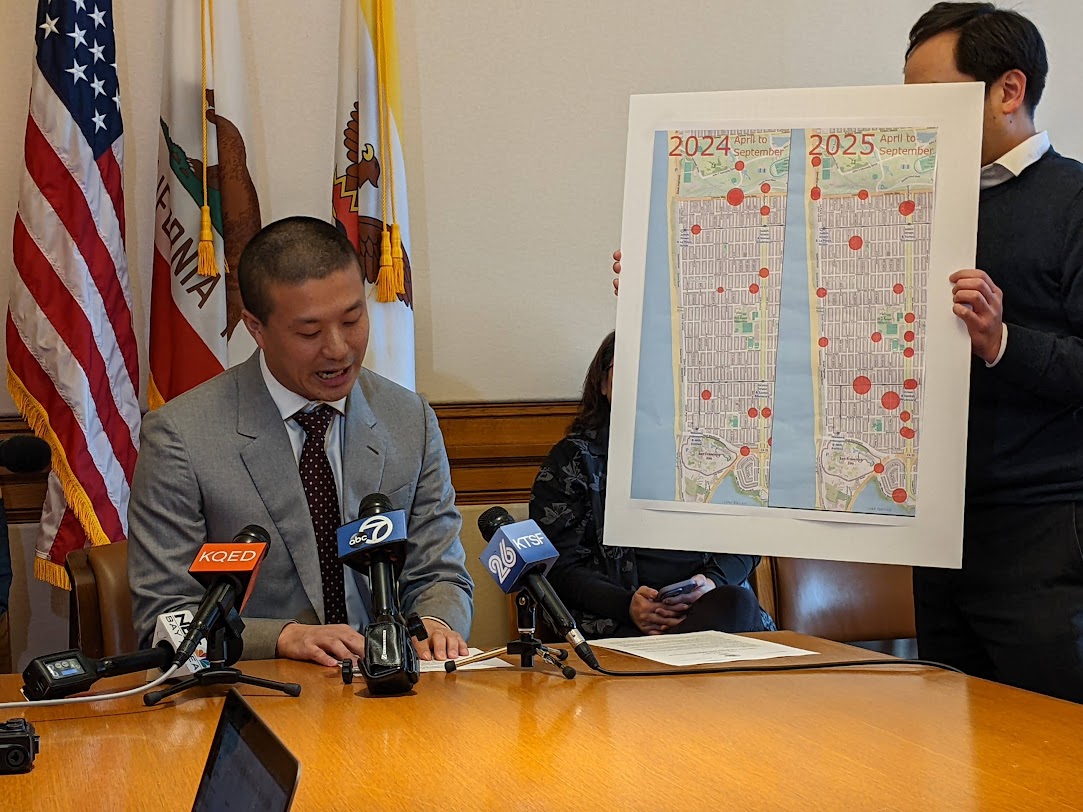The notion of cities as playgrounds for the young and unattached remains a pretty pervasive concept.

The blogger at Family Friendly Cities has encountered it plenty. A young parent, he says that in his circles, the social stigma against raising children in the city remains irrationally strong:
As a young couple we lived in a garden style apartment in a car dominated city with two automobiles in what is one of the most sprawling cities in the country. We wanted more. So after we married we moved to a more urban city, one that still gets a rather unfortunate rap for sprawl but has a thriving urban core. We also dropped one of our cars. We primarily relied on transit except for our grocery store trips. Our home was more urban, and so was our neighborhood. That was fine, we were still young and childless, and we were constantly reminded of it. “Good thing you are doing it now before you have children” was a common sentiment, as if our urban lifestyle had an expiration date. It was set to die the moment we added a new family member. So we did, and it didn’t. Despite the auto-centric place we lived we walked to the hospital to give birth, and to the horrified look on the nurses’ faces we walked our newborn home. Even when we proclaimed that you could probably see our home from any of the windows in the maternity ward they thought we were crazy. Crazy to choose to walk her home the equivalent of three city blocks, rather than drive. And so came more of the comments once she was home; advice, and questions: “Have you looked for a house outside the city,” “Once she gets older you are going to need more space,” “You will need a yard,” “Living in the city is fine while she is so young, but not when she gets older” and the always important “The schools are better in X County.” So we followed their advice. We packed up a yellow truck and moved: to the second most dense census tract in the city smack dab in the heart of downtown, across the country.
The point? Having a child is not a death sentence to urban living and isn’t reserved for the young and childless. This is an assumption, one of many, that must be stopped. And as much as a child does not represent the end of downtown living it also does not represent the robbing of some fabricated vision of what a child’s life should include. Will my daughter know the joys of her own backyard? Nope, but a suburban child will never know the joy that is having this as a bookshelf that is accessible by a short walk. Will she have an enormous bedroom fit for a princess found in our ever-increasingly sized homes? No, but she will participate in the real "sharing economy," the City. And this is not to discredit anyone raising their children in a suburban setting. There are benefits and negatives to both, and not every city and suburb is the same, befitting of a single mold. But it is to say that we should not treat urban parenthood as an abnormality. We should not be levying a ‘social trap’ on parents so that they leave the city because they feel they HAVE to rather than WANT to. We should not be limiting the scope of services of a city to those that are young and childless, and guilting our parents out of the city as if they are sacrificing their children’s lives by staying. The belief that a city is not a suitable place for children is spread by misinformation, antiquated beliefs and perceptions, and hacks like this one.
Elsewhere on the Network today: Seattle Transit Blog debates when transit systems should run on a holiday schedule. Bike Portland shares research that found investing in bike infrastructure pays off much more than road maintenance spending. And ATL Urbanist explains why he started a petition against Atlanta's plan to pour $1 billion into an interchange widening.





